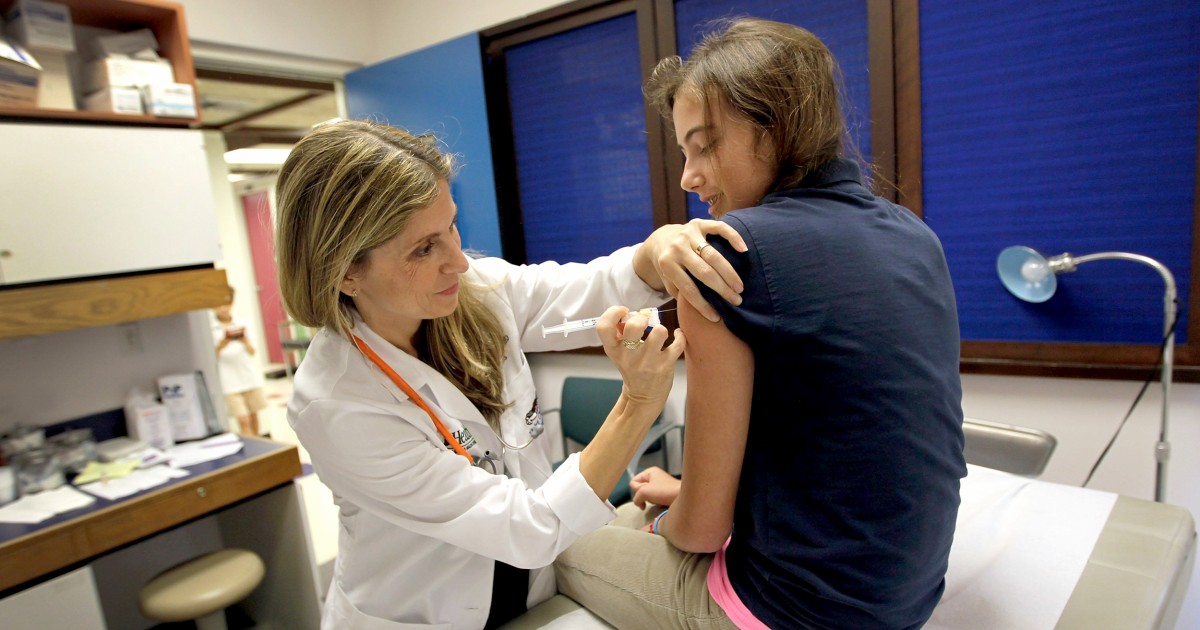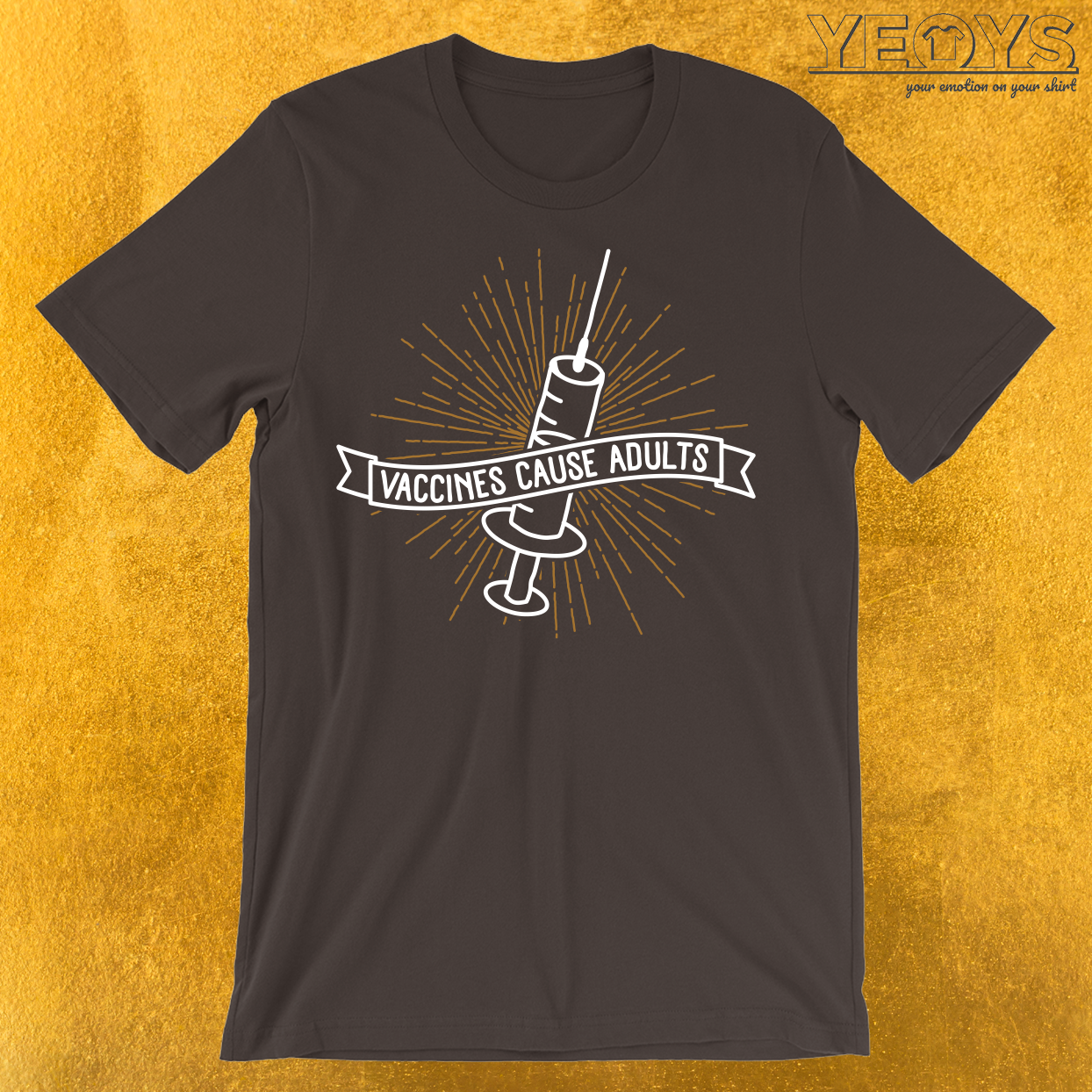The HPV vaccine critically reduces a woman’s possibility of constructing cervical cancer, especially in females who had been immunized at a youthful age, a broad Swedish gape stumbled on.
The possibility of constructing cervical cancer became decreased by 88 percent in females who had been vaccinated before age 17, and by 53 percent in these vaccinated between ages 17 and 30, in step with the gape of virtually 1.7 million ladies and females that became printed in Thursday’s command of The Fresh England Journal of Treatment.
The researchers acknowledged the gape is basic on myth of while old analysis has proven that the HPV vaccine can provide protection to against the human papillomavirus infection, genital warts and cervical precancer, stable evidence that the vaccine if truth be told averted invasive cervical cancer became lacking.
“Here is the first gape to demonstrate that HPV vaccination protects against cervical cancer on the population stage,” gape author Par Sparen, a professor of medical epidemiology at the Karolinska Institute in Sweden, acknowledged in an e mail to NBC Data.
“The gape reassures that HPV vaccination is protective against cervical cancer, and that vaccination at young age is required for unprejudiced safety,” Sparen acknowledged.
Ladies who had been vaccinated as youthful ladies doubtless had higher safety on myth of they had been immunized before they had been uncovered to HPV thru sexual job, the researchers acknowledged.
Human papillomaviruses are a neighborhood of viruses that dilemma off genital warts and most conditions of cervical cancer. HPV additionally can dilemma off cancers of the vagina, vulva, anus, penis and throat. The Facilities for Illness Modify and Prevention estimates that HPV causes virtually 35,000 cancer conditions yearly in females and males within the United States.
The gape, which susceptible nationwide registry knowledge in Sweden, adopted 1.7 million ladies and females who had been ages 10 to 30 between 2006 — the twelve months the HPV vaccine became authorized in that country — and 2017. Of them, 527,871 had bought at the least one dose of the vaccine all the device thru the gape, most before age 17. Cervical cancer became diagnosed in 19 vaccinated females and 538 unvaccinated females all the device thru the gape period.
The gape is required on myth of it “confirms what we know and additionally goes a step additional,” Debbie Saslow, managing director of HPV and gynecological cancers at the American Cancer Society, acknowledged.
“We now occupy truly strong knowledge that demonstrate that HPV vaccination prevents evolved cervical precancer, and all scientists within the arena who work in cervical cancer agree that if you end evolved pre-cancer you end cancer, and that that is the authorized marker,” she acknowledged. “On the opposite hand, there are some critics and naysayers who narrate, ‘Yeah but demonstrate me that it prevents cancer,’ and this does that.”
With the new paper, “now we occupy absolute numbers and knowledge that narrate within the ladies and young females who had been vaccinated, they’d very strong safety against cervical cancer, as when in contrast to the females who weren’t vaccinated,” Saslow acknowledged.
The version of the HPV vaccine susceptible within the gape stable against four HPV kinds. A more contemporary vaccine for the time being susceptible within the United States goes additional, retaining against nine HPV kinds.
The HPV vaccine is taken into myth most efficient when given to preteens, before they are uncovered to HPV and additionally once they appear to occupy the strongest immune response to the vaccine. The CDC recommends two doses of the HPV vaccine for all ladies and boys ages 11 to 12, but says the vaccine would possibly doubtless additionally be given as early as age 9. These that glean the first dose at age 15 or up want a three-shot sequence, the CDC says. The vaccine is recommended for all individuals thru age 26, and for some of us as much as age 45 in session with a health care provider.
Jacqueline Stenson
NBC Data contributor Jacqueline Stenson is a health and health journalist who has written for the Los Angeles Times, Reuters, Health, Self and Form, among others. She additionally teaches at the UCLA Extension Writers’ Program.





Leave a comment
Sign in to post your comment or sign-up if you don't have any account.